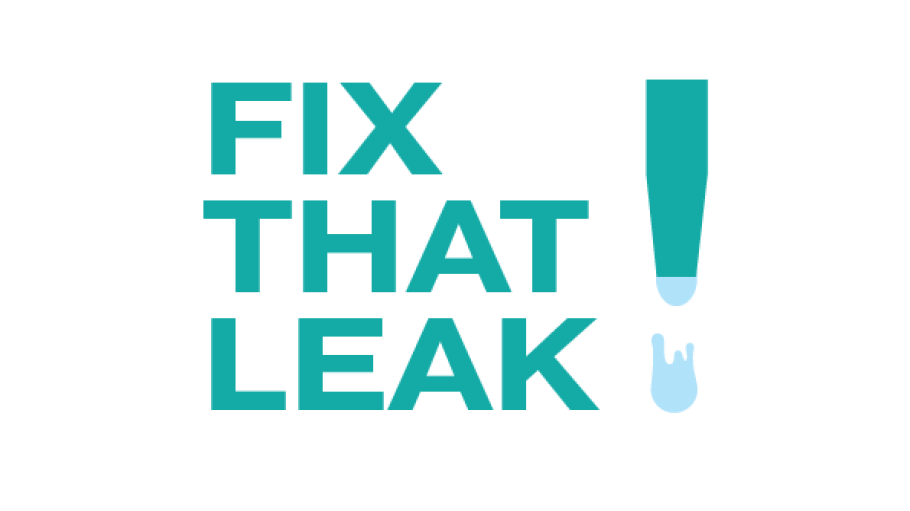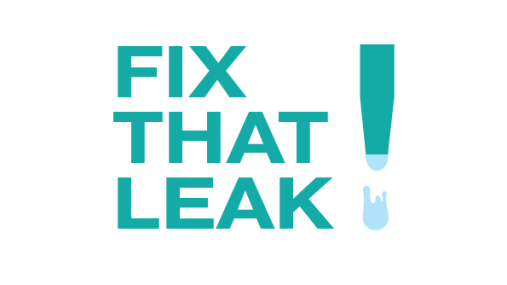

The Carbon Border Adjustment Mechanism (CBAM) is a tool that puts a price on certain carbon intensive goods entering the EU in order to encourage climate friendly industrial production. But here’s the problem: the CBAM, as it stands, is full of loopholes. If not fixed, it would undermine decarbonisation investments, accelerate deindustrialisation, favour production in third countries, and fail to cut global emissions.
Fair play for a fair transition
European steel producers are facing increasing carbon costs under the EU Emissions Trading Scheme (ETS), while competitors in third countries have been exempted from any carbon costs. The EU steel industry is leading the transition to green production, but cheap imports risk undermining that effort.
The CBAM can be a game-changer, but only if it’s designed right.
Right now, loopholes allow foreign producers to sidestep carbon costs, shifting emissions elsewhere instead of reducing them. Without fixing these flaws, the CBAM would fail to protect EU industry and could even accelerate deindustrialisation.
CBAM Toolbox: fixing the loopholes to prevent carbon leakage
The CBAM was designed to ensure fair competition and reduce global emissions, but loopholes threaten to undermine its effectiveness. Here’s how we can fix it:
Find out more details in our full fact-sheet available for download below.

Download this publication or visit associated links
Brussels, 22 October - Ahead of the European Council meeting on 23 October, Europe’s steel and automotive industries — two strategic pillars of the EU economy — are issuing a joint call for a realistic and pragmatic pathway to transformation and keeping investments in Europe. Together, these sectors form the backbone of Europe’s industrial strength, supporting over 13 million jobs in automotive and 2.5 million in steel (directly and indirectly), and driving innovation across entire value chains.
Joint Statement
Strasbourg, 07 October 2025 – The new trade measure presented today by the European Commission is a long-awaited proposal to forcefully defend the European steel sector, in full respect of WTO rules, from unfair imports flooding the EU market due to massive global overcapacity. The provisions unveiled by the Commission respond to the needs of the sector and represent a real lifeline for EU steelmakers and steelworkers. The European Parliament and the Council should therefore adopt it as a matter of urgency to enable its entry into force at the beginning of 2026, says the European Steel Association (EUROFER).